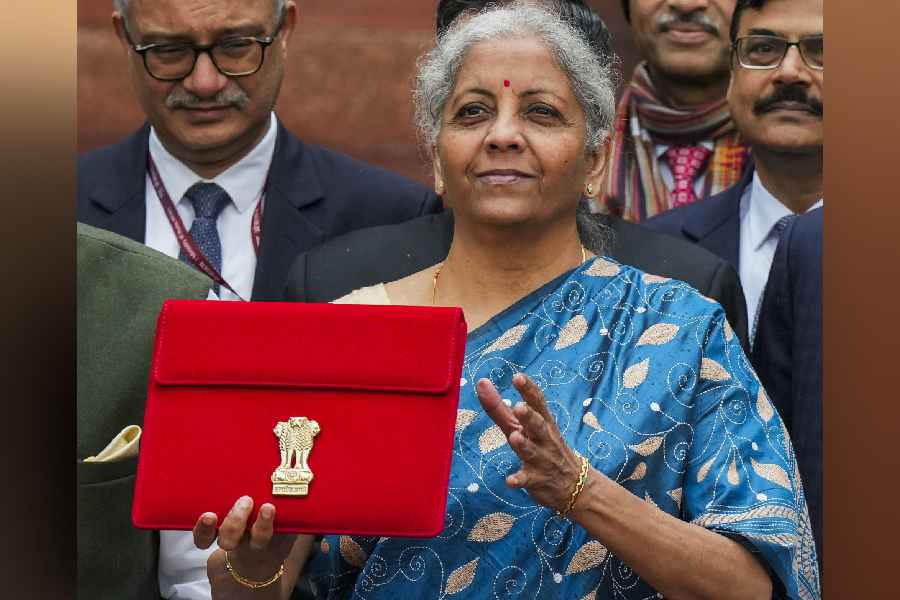In a bid to lay the groundwork for a transformed India by 2047, guided by the principles of "reform, perform, transform," the Interim Budget 2024 was unveiled today by Union Finance Minister Nirmala Sitharaman. Reacting to the budget, Jayanta Roy, Managing Director of Peerless General Finance & Investment Co. Ltd., hailed it as a step towards realizing the vision of a $5 trillion economy before 2030.
Addressing concerns over the budget being perceived as mere election-year SoPs, Roy emphasised a nuanced approach, highlighting the minimal focus on voter appeasement. He noted that while the budget did contain areas of improvement, it primarily aimed at setting the groundwork for future economic expansion rather than short-term political gains. The structure of the budget speech indicated the government's confidence in presenting a comprehensive final budget in July 2024.
Roy points out that the Interim Budget's focal points revolved around uplifting various segments of society, including the poor, women, youth, and farmers. Key areas of emphasis included agriculture, e-vehicles, healthcare, tourism, and technology, signaling a holistic approach towards societal and economic development.
He also outlined several populist announcements, such as initiatives to support home ownership for the lower middle and middle class, and the expansion of the 'Lakhpati Didi' programme aimed at empowering women economically.
Regarding fiscal consolidation and capital expenditure prioritisation, Peerless General Finance MD said that the budget demonstrated a historic increase in infrastructure spending, reaching approximately 3.4% of GDP. Long-term financing initiatives for emerging sectors and the transformation of railway infrastructure were highlighted as strategic moves towards bolstering economic growth.
While no significant changes were observed in taxation, Roy suggests that the budget addressed pending demands and aimed at reducing tax-related litigations, benefiting approximately one crore taxpayers.
When asked about the major initiatives, Roy asserts, "healthcare saw plans for the establishment of more medical and nursing colleges, coupled with an expansion of the Ayushman Bharat scheme. The real estate sector received attention through support measures for homebuyers, while tourism was earmarked for long-term loan support and infrastructure development. Assistance for one crore households in adopting solar rooftop systems, signaling a shift towards sustainable living practices is a notable policy announcement."
However, Peerless MD believes that despite IMF's projection of India becoming a $5 trillion economy by 2027, the government did not display a sense of urgency to achieve this target before 2025 in the budget.











